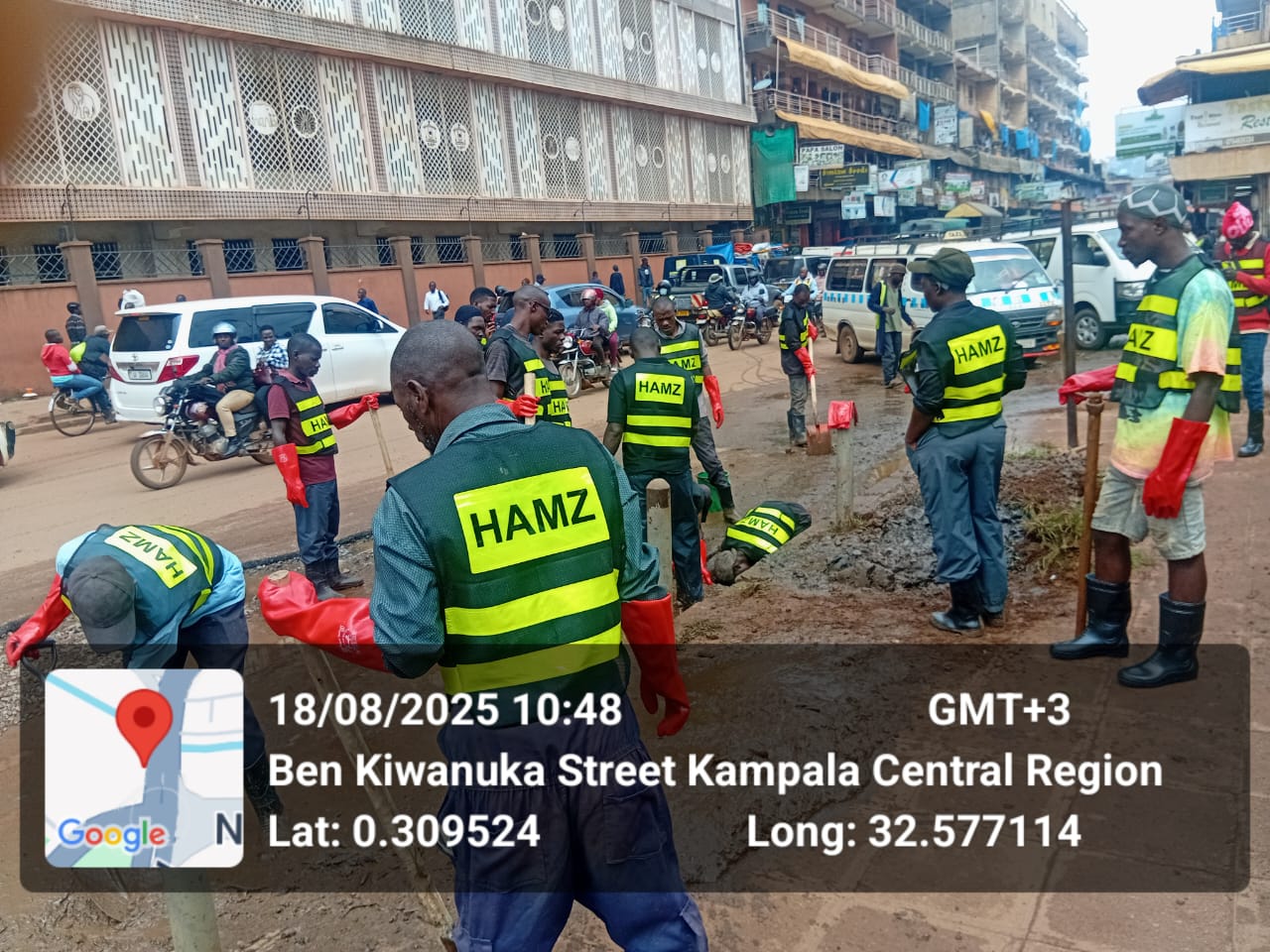Presidential Hopeful Nkwanga Micheal Officially Joins 2026 Race, Calls For Political And Economic Liberation
By Mukidi Hannington
As Uganda edges closer to the 2026 general elections, the political landscape is beginning to take on new dynamics with the entry of Nkwanga Micheal, who has declared his intention to challenge President Museveni.
Launching his bid at KBM Hotel in Kireka, along Kamuli Road, Nkwanga framed his candidacy not as a mere campaign but as the birth of what he called a people’s revolution, urging Ugandans to reclaim their future through unity, courage, and decisive action.
During the launch at KBM Hotel in Kireka, Nkwanga Micheal stepped into the political spotlight with a dramatic declaration of intent: to unseat President Museveni and lead what he described as a people’s revolution.
His launch was not framed as a routine campaign event, but rather as the birth of a movement he believes will redefine Uganda’s political direction.

Standing before a crowd of enthusiastic supporters, Nkwanga spoke with a mixture of urgency and conviction, often punctuating his remarks with religious greetings that reached across both Christian and Muslim audiences. “I am not here to chase glory,” he said firmly. “I am here as a son of the soil, walking with peasants, youth, mothers, intellectuals, and even the forgotten neutralists who want a better tomorrow.”
At the centre of his unveiling was a five-pointed red star, the emblem of his campaign. To him, its symbolism runs deep, red for sacrifice, black for resilience, and white for unity. The image, he said, would serve as a reminder that “no Ugandan shall be left behind” in the struggle he now champions.
His message rested on four key pillars: political liberation, economic transformation, social uplift, and ideological renewal, each aimed at dismantling what he described as the pillars of oppression and failed governance.
Nkwanga was especially critical of Uganda’s economic trajectory, denouncing “reckless borrowing” and taxation policies he argued suffocate ordinary citizens.
He pledged to modernise agriculture, drive industrialisation, and promote self-reliance. “We cannot continue to beg while sitting on abundant resources,” he warned, drawing cheers from the audience.
Beyond economics, his vision extended to the social fabric of the nation. He promised free and quality education, better health services, and a fair distribution of resources.
On ideology, he struck an even more radical tone, arguing that Uganda may have been freed from colonial rule, but its people remain trapped in colonial ways of thinking. “The coloniser may have left, but his ideas still govern us,” he declared. “We must free our minds to truly build a nation.”
As he spoke, Nkwanga revealed that his campaign had already completed the process of collecting the required signatures for nomination and would soon present them to the Electoral Commission.
The announcement underscored his seriousness, transforming what some may have dismissed as mere rhetoric into an organised bid for power.
His candidacy, he said, is not limited to one section of society. He promised to stand with farmers, students, workers, intellectuals, women, and youth alike, presenting himself as the candidate for the “entire population.”
He also reached out to those who have disengaged from politics altogether, saying they too must be part of the struggle for national renewal.
In one of the more personal moments of his speech, he ridiculed the education system, describing it as one that produces graduates with “colonial diplomas and certificates” but no meaningful opportunities. “We need to redefine education to serve our realities,” he argued, positioning himself as both critic and reformer.
Although still a newcomer on the national stage, Nkwanga’s rhetoric and symbolism drew comparisons to past movements that reshaped Uganda’s political landscape.
Supporters left the event energised, many describing him as a fresh alternative to the status quo.
His challenge to Museveni, who has held power for nearly four decades, sets the stage for what could become one of the most closely watched campaigns of the 2026 race.
Whether his revolutionary message will translate into broad national support remains uncertain.
What is clear, however, is that Nkwanga Micheal has entered the contest with a bold declaration: Uganda’s future, he insists, must now be reclaimed by its people.











